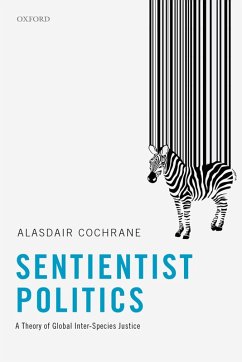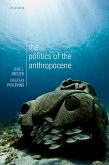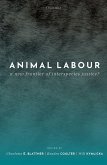There is now widespread agreement that many non-human animals are sentient, and that this fact has important moral and political implications. Indeed, most are in agreement that animal sentience ought to constrain the actions of political institutions, limiting the harms that can be perpetrated against animals. The primary aim of this book is to show that the political implications of animal sentience go even further than this. For this book argues that sentience establishes a moral equality and a shared set of rights amongst those creatures who possess it. Crucially, this worth and these rights create a duty on moral agents to establish and maintain a political order dedicated to their interests. This book is devoted to sketching what this 'sentientist politics' might look like. It argues in favour of a ' sentientist cosmopolitan democracy': a global political system made up of overlapping local, national, regional and global communities comprised of human and non-human members who exist within shared 'communities of fate'. Furthermore, the institutions of those communities should be democratic - that is to say, participative, deliberative and representative. Finally, those institutions should include dedicated representatives of non-human animals whose job should be to translate the interests of animals into deliberations over what is in the public good for their communities.
Dieser Download kann aus rechtlichen Gründen nur mit Rechnungsadresse in A, B, BG, CY, CZ, D, DK, EW, E, FIN, F, GR, HR, H, IRL, I, LT, L, LR, M, NL, PL, P, R, S, SLO, SK ausgeliefert werden.









